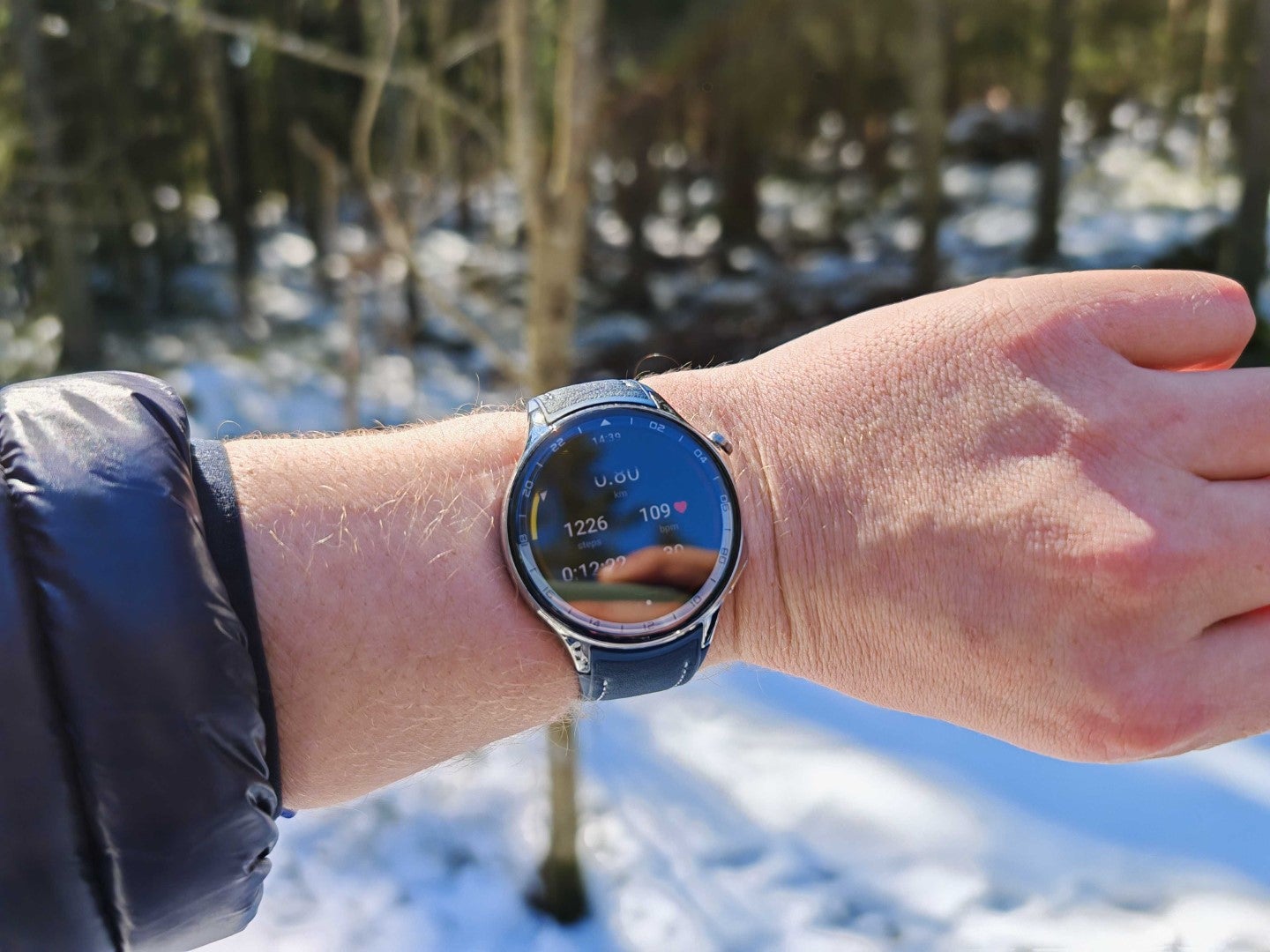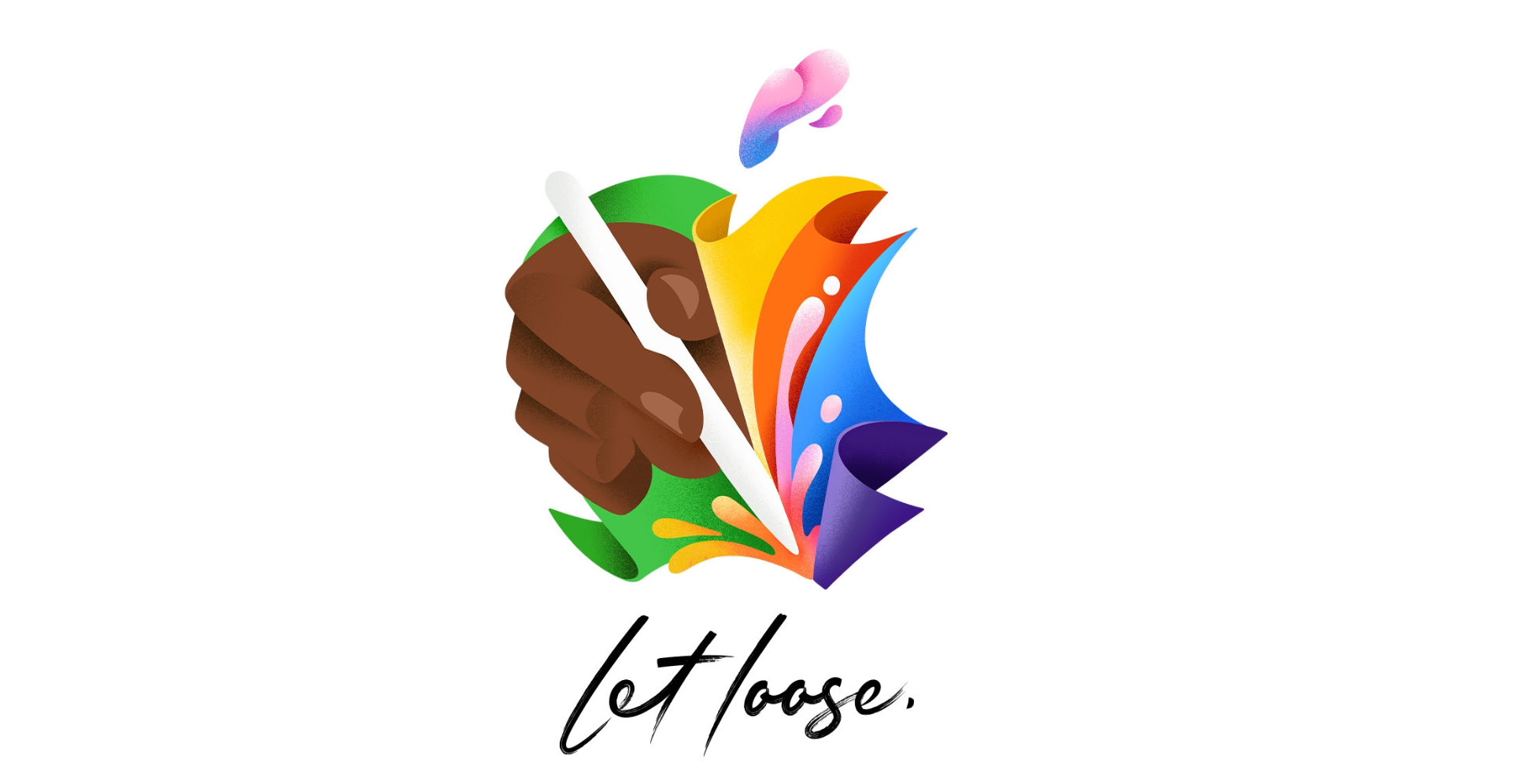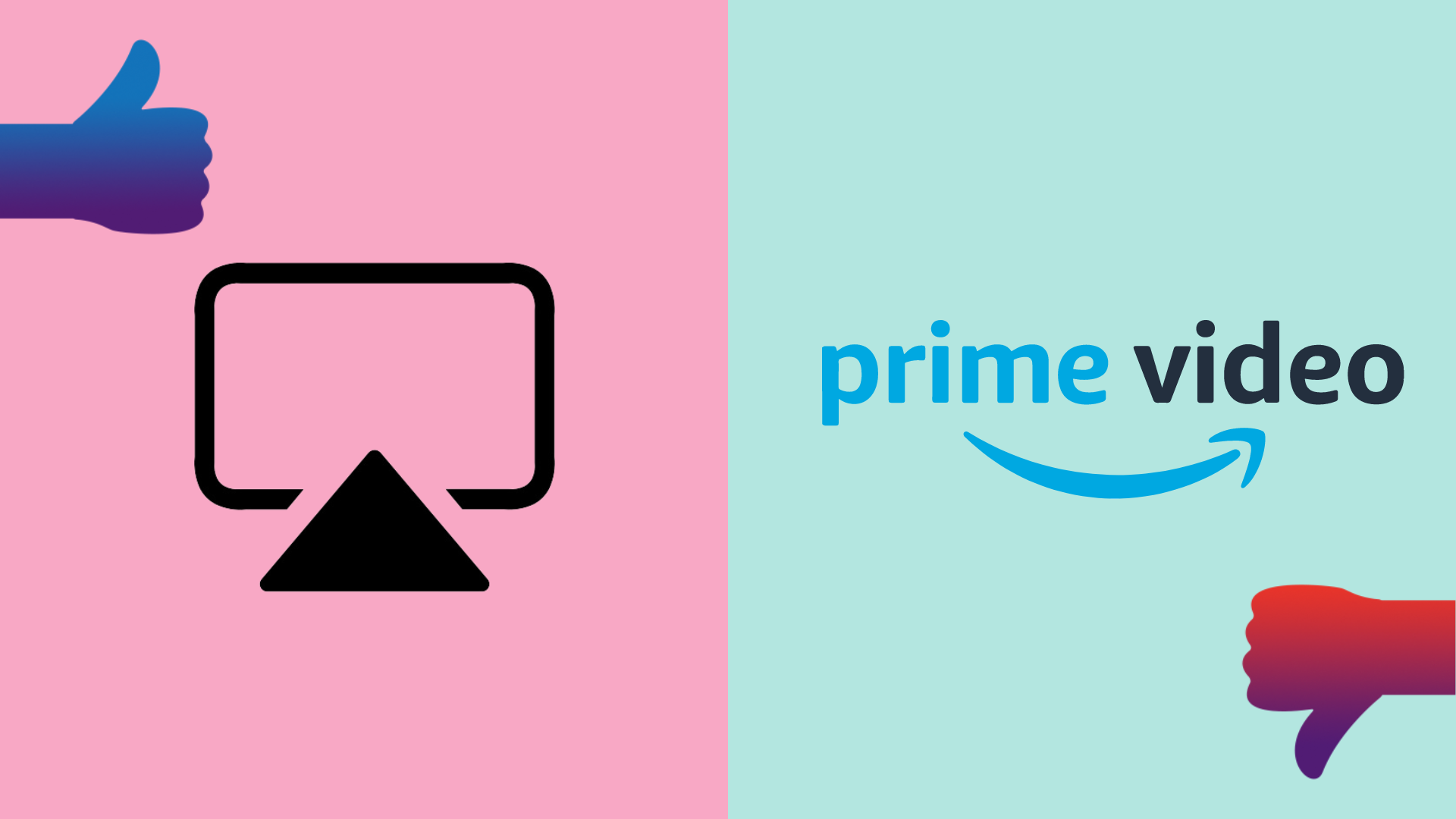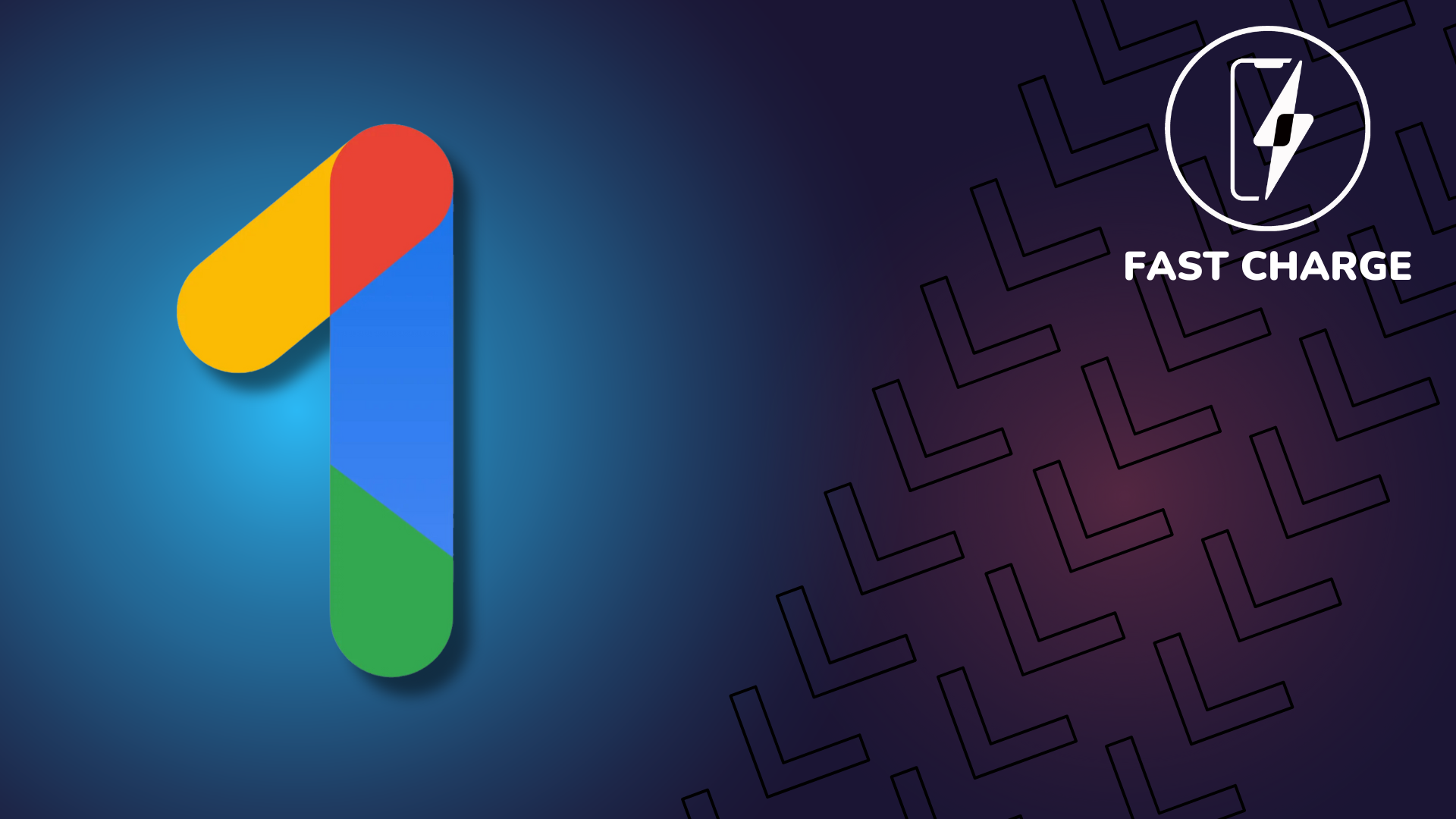The Activision Blizzard deal is great for Microsoft, but is it great for gaming?
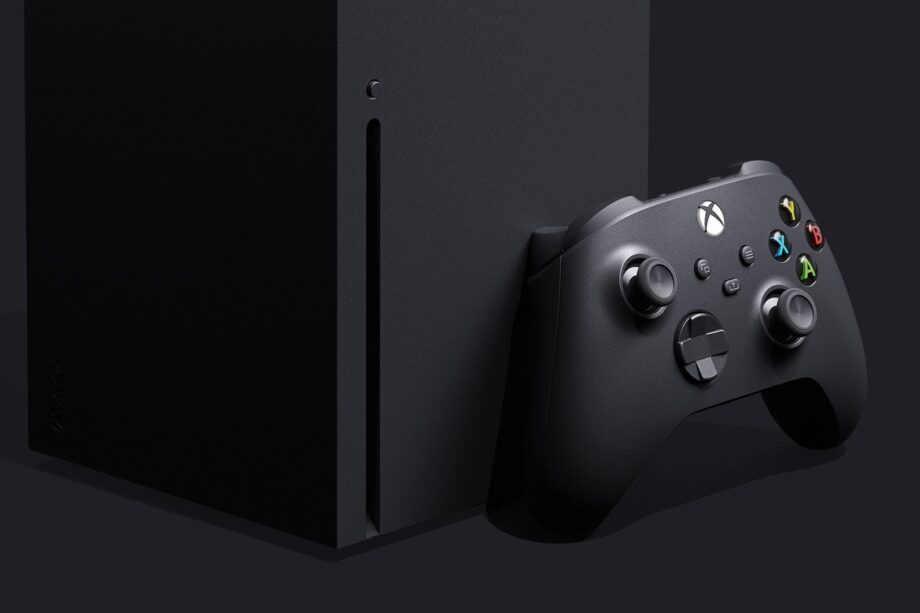
OPINION: Whichever way you look at it, Microsoft’s $70 billion purchase of Activision Blizzard is a seismic one.
From Microsoft’s perspective, it’s an undoubtedly a great deal. It brings the likes of Overwatch, Call of Duty, and World of Warcraft under the Xbox Studios banner, and in the long-term it’s going to add a lot of fuel to the Game Pass fire.
As a move, it’s not altogether surprising having glanced at Microsoft’s history in the gaming industry, especially when they enquired to buy Nintendo back in 1999. Acquisition is in their DNA and you may wonder, what with their sizeable war chest, why it’s taken them so long to loosen the purse strings.
But once the excitement and surprise has subsided, is this deal a good one for gaming? Consolidation and monopolisation have never been good bedfellows – there have been lots of mergers that made sense at the time and fell apart later. And the more I think about this deal, the less convinced I am about its merits.
I haven’t played an Activision Blizzard game in years – and this deal isn’t likely to change that. If (when) they go on to Game Pass, another Call of Duty is not what will make me sign up.
Most of my gaming is done on the PlayStation and the reason why is because Sony’s line-up is more diverse, and for my two cents, the more interesting. Halo and Forza are fun but they’ve become very familiar with their frequent releases.
Microsoft’s lack of new, original IP and focus on existing franchises makes the Bethesda and Activision Blizzard deals a good fit, but the fear is more Elder Scrolls, Fallout, and even more Call of Duty rather than new IP. At the moment Game Pass strikes a nice balance between popular titles and discovery, but I have a friend who uses Game Pass and since Skyrim came onto the service (a game that is now 11 years old) they’re right back into that.
Game Pass is like comfort food, and a significant number of gamers will enjoy being able to play these games on-demand. But new experiences engage customers and it remains to be seen whether Microsoft will pump its war chest into that or focus on the heavy hitters. It certainly needs to make back that $77bn somehow.
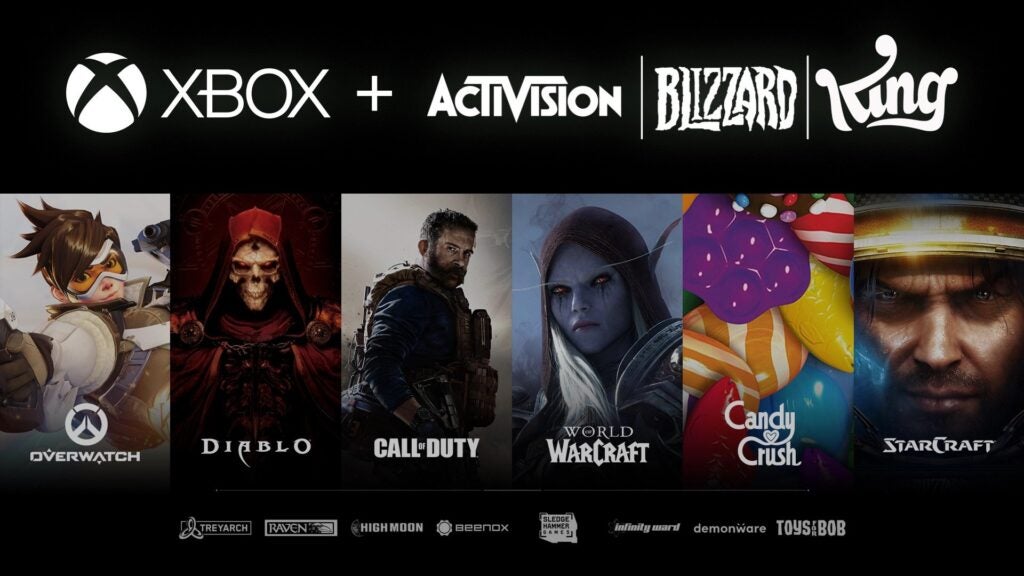
Game Pass is here to stay, but I can’t see it staying as affordable as it currently is. Like the TV streaming market, there are a growing number of players after a similar piece of the pie, and I can only see subscriptions rising and annoyance of having to pay for several subscriptions growing.
It’d be smart if Microsoft stuck to launching these titles on other consoles – likely with some sort of timed exclusivity – as they’ll be leaving plenty of money on the table if they didn’t. Subscriptions will eventually plateau, like they have with Netflix and Disney+, and what then will Microsoft do? And what will happen when Microsoft releases a game on disc, but people say “I’ll wait for it to come on Game Pass”? That can’t be great for the bottom line, and with subscription models in general, I can see the line between value, content, and pricing becoming fuzzier.
It’s weird how we’re ending up in a similar place to when the Xbox One launched. It arrived with its internet-only ambitions and was summarily slapped down. Game Pass exudes a gaming focus where the multi-media hub of the Xbox One’s approach didn’t, but the Xbox Series X is effectively what the Xbox One was conceived to be.
Gamers are tied into that internet-only experience and all the market needed was a ‘Netflix for gaming’ deal to bring it to fruition. The times they are a-changin’, but it would seem that the more things, the more they stay the same, too.


